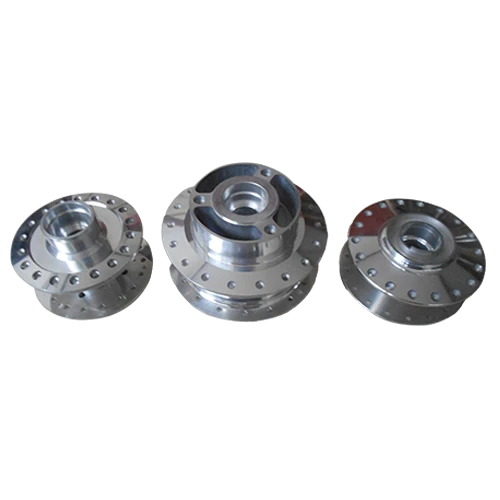Mobile:+86-311-808-126-83
Email:info@ydcastings.com
Understanding the Function and Design of Motor Pump Impellers in Fluid Dynamics Systems
The Importance of Motor Pump Impellers
Motor pump impellers play a crucial role in various engineering and industrial applications, serving as the heart of many mechanical systems that transport fluids. Understanding their design, functionality, and maintenance is essential for ensuring efficiency and longevity in operations.
An impeller is a rotating component of a pump that transfers energy from the motor to the fluid being pumped. It consists of several blades mounted on a hub, designed to spin within a casing or volute. As the impeller rotates, it creates a low-pressure area at the center of the pump, drawing fluid into the impeller and forcing it outward through the blades due to centrifugal force. This process converts rotational energy into fluid movement, making impellers integral to pump functionality.
The efficiency of a motor pump largely depends on the design of the impeller. Different applications require specific impeller designs to optimize performance. For instance, an open impeller offers less resistance and is ideal for pumping fluids with high solid content, while a closed impeller provides better efficiency for clear liquids. The choice between these designs depends on factors such as the fluid's viscosity, the presence of particulates, and the desired flow rate.
motor pump impeller

Material selection for impellers is equally important. Common materials include stainless steel, plastic, and bronze, each chosen based on the fluid's characteristics and operational conditions. For example, stainless steel impellers provide durability and resistance to corrosion, making them suitable for harsh environments. In contrast, plastic impellers may be used for less demanding applications, offering cost-effectiveness and ease of maintenance.
Regular maintenance of motor pump impellers is critical to prevent wear and tear, which can lead to pump failure. Routine checks often include inspecting the blades for damage, ensuring that there are no blockages or abrasions, and monitoring the pump's overall performance. Preventive measures, such as lubrication and timely replacement of worn-out parts, can significantly enhance the lifespan of the impeller and the entire pump system.
In recent years, advancements in technology have further improved impeller design and functionality. Computer-aided design (CAD) software enables engineers to simulate fluid dynamics, helping them create impeller profiles that maximize efficiency and minimize energy consumption. Additionally, innovations in materials science have led to the development of composite materials that offer superior strength and resistance to wear.
In conclusion, motor pump impellers are vital components in fluid transport systems, influencing the efficiency and reliability of pump operations. Their design, materials, and maintenance practices significantly impact overall performance. As technology continues to evolve, so too will the capabilities of impellers, paving the way for even more efficient and durable pumping solutions in the future. Whether in industrial, municipal, or residential applications, understanding and optimizing motor pump impellers will remain essential for engineers and operators alike.
-
Why Should You Invest in Superior Pump Castings for Your Equipment?NewsJun.09,2025
-
Unlock Performance Potential with Stainless Impellers and Aluminum End CapsNewsJun.09,2025
-
Revolutionize Your Machinery with Superior Cast Iron and Aluminum ComponentsNewsJun.09,2025
-
Revolutionize Fluid Dynamics with Premium Pump ComponentsNewsJun.09,2025
-
Optimizing Industrial Systems with Essential Valve ComponentsNewsJun.09,2025
-
Elevate Grid Efficiency with High-Precision Power CastingsNewsJun.09,2025











